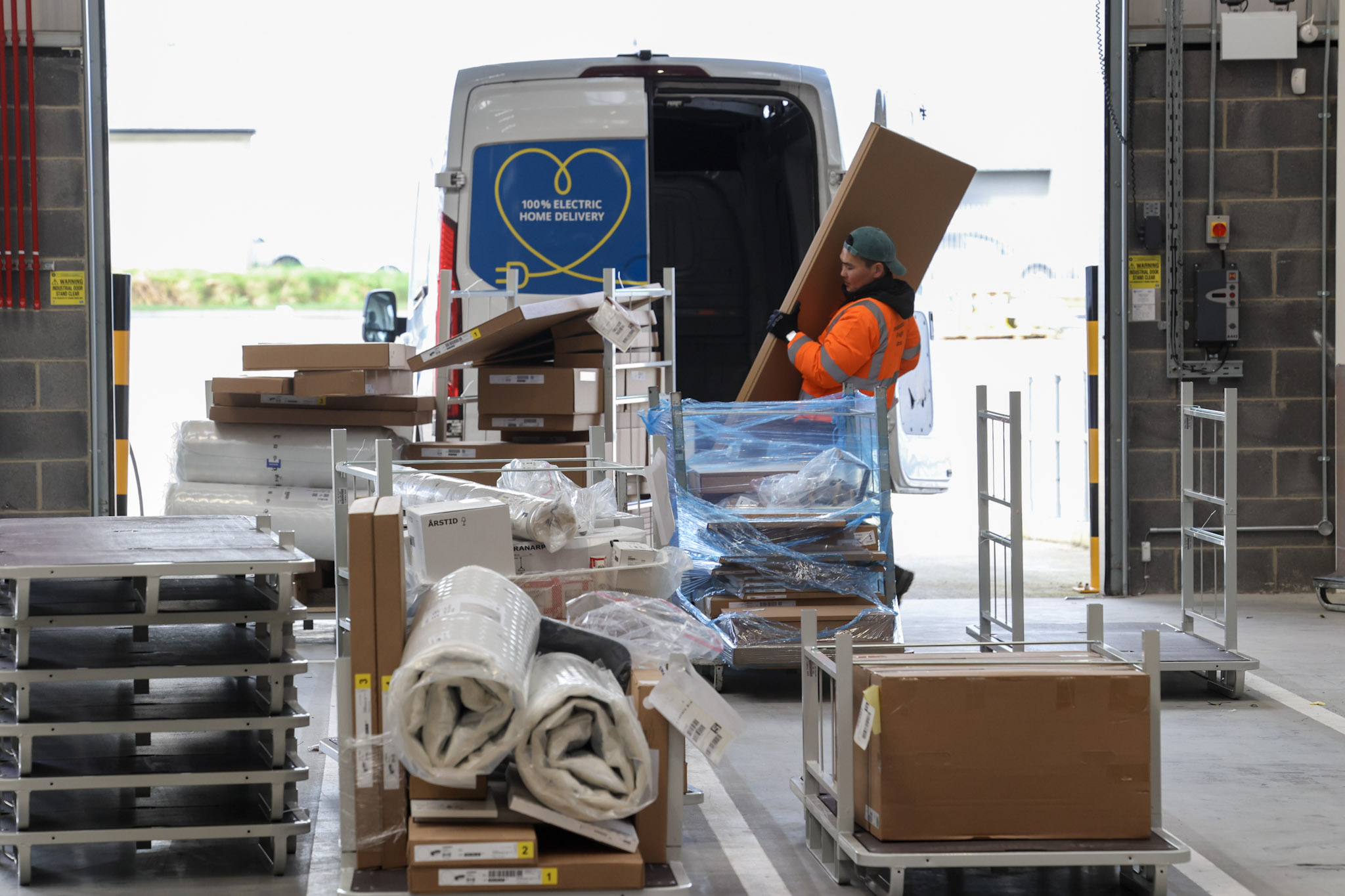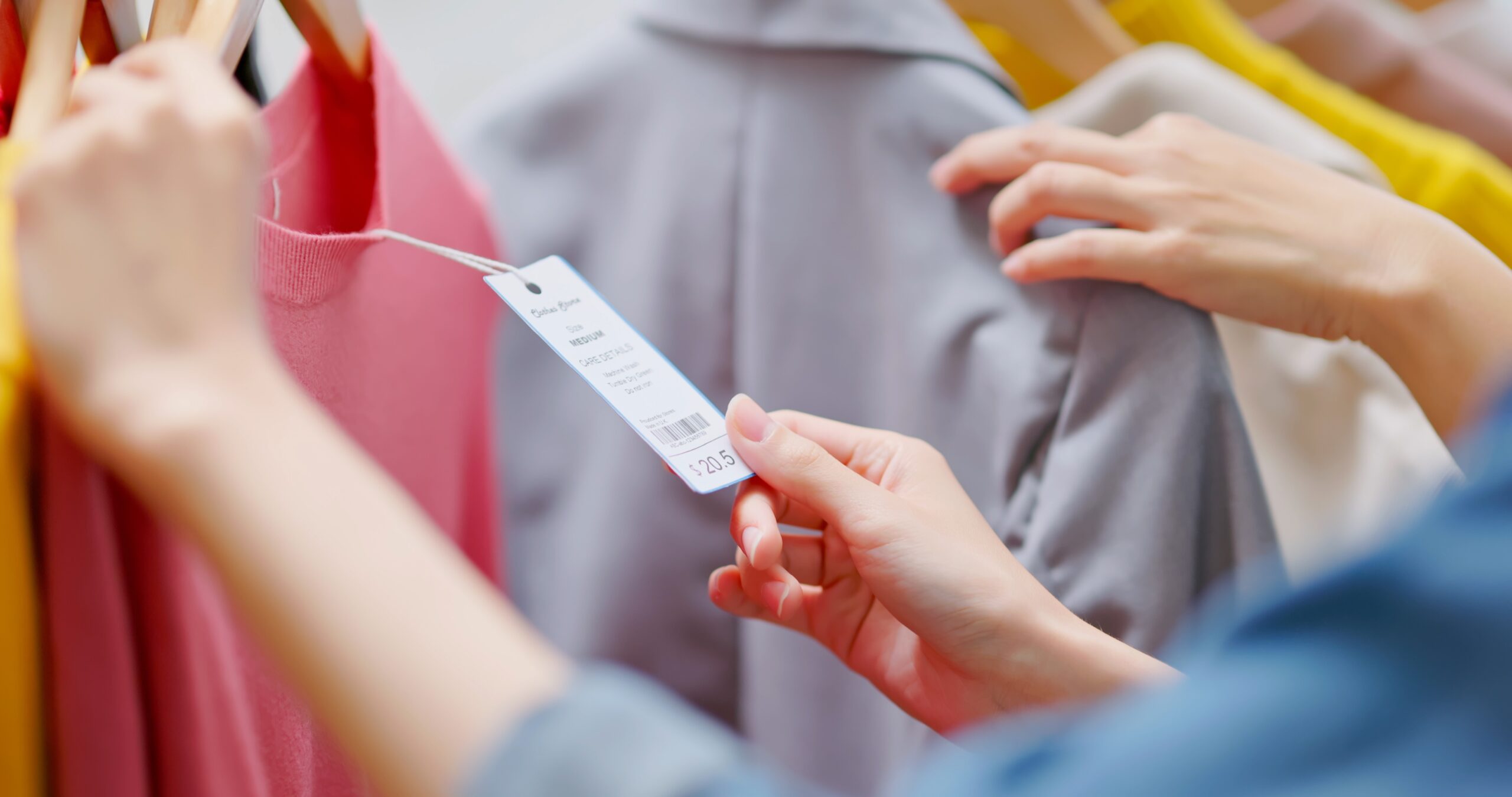In today’s InternetRetailing newsletter, we’re reporting in a bumper newsletter on how retailers and brands are adjusting their strategies as UK shoppers continue to shift online, in the light of Brexit and in order to reach net zero. The latest ONS Retail Sales figures, for August 2021, suggest online sales may be settling at a new normal level – with the proportion of sales taking place online subsiding from during the pandemic, but remaining higher than before it started. There are suggestions, however, that retail sales are being affected by shortages, whether of services or of goods and materials, something that appears to have particularly affected department stores.
John Lewis has seen its customers move online quickly in the first half of its financial year, when 74% of sales took place online in a period partly marked by lockdowns. Lockdowns forced it to sell online only but it’s now adapting to a long-term shift by investing in the online customer experience, and in extra capacity for delivery. The Co-op, too, is seeing its online sales grow quickly, and it is adding its own extra delivery capacity by starting to sell via Amazon Prime, and by more than doubling the number of Starship Technologies robots that carry its goods to shoppers – and starting to use them in new areas.
Superdry is seeing the same shift, with 60% of its sales taking place online in its latest financial year, at a time when its shops were shut for 39% of potential opening hours. Sales fell 21% during the year but the retailer believes it’s turning a corner now that shops are open once more. It has ambitions to be most sustainable listed fashion retailer. It’s interesting to see the move towards net zero is now a point of competition, and may well reflect demand from its shoppers for more sustainable ways of buying.
Some of that competition may come from Asos, which this week set out its journey towards net zero as it works to become “a truly global retailer in a responsible and sustainable way”.
We report today on two partnerships. Next is working with Gap in a joint venture that will see it sell the US retailer’s clothing both via its website and through some of its stores, where it will offer click and collect from 2022. And Virgin Wines is selling its wares in a new store on the Moonpig website – offering gift shoppers a more convenient way of sending their present. Both are examples of the way that retailers can reach new shoppers and offer useful services by working with partners rather than purely competing. There’s a further example in the way that The Hut Group (THG) is working with more brands to operate their websites at a time when their customers are moving further online.
And we also report as M&S closes 11 French stores because of Brexit, and as Wickes reports its first half-year results as a listed retailer in its own right since its spin-out from the Travis Perkins group. Sales have grown strongly, it says, thanks to its digital capabilities.
Today’s guest comment comes from Oliver Mennell co-founder of Neom Organics, who considers how AI and data have helped to improve customer service in his retail business.










